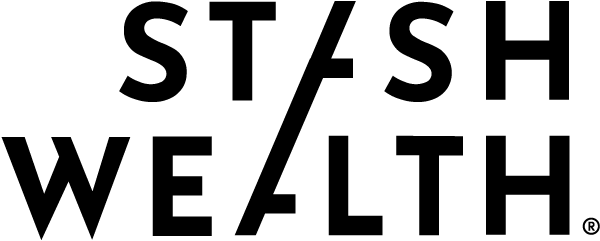3 things to do before you start investing
There’s nothing worse than thinking you’re taking one step forward only to realize you’ve taken two steps back. To prevent that, we’re breaking down the three things you need to do to start investing properly.
Are you ready to start investing? You probably are because the sheer nature of investing points to the fact that the sooner you start, the more successful you’ll be. Not to mention the fact that as a high earner, you’re finally at the point in your career where you’re making good money and might even find yourself with a little something left over at the end of each month. So what do you do with it? Make it work as hard as you do! But first, there are a few things to check-off your financial to-do list.
How to start investing
Investing before you’ve done these things is like taking one step forward…and two steps backward. Nothing is worse than fooling yourself into thinking you’re making progress when you might actually be going in reverse.
Step One: Build Your First Line of Defense
Wealthy people are…wealthy. They don’t need an emergency fund, right? wrong! When we used to work on Wall Street, the biggest mistake we used to see really really rich people make was not having an emergency fund. If sh*t hits the fan, you don’t want to have all your extra cash locked up investments. Why? Because when it comes to investing, you never want to have to make quick or emotional decisions. Anytime you need to sell your investments, you should do so in a calculated and methodical way – not an emotional one. If you need cash fast, there’s usually no time to make a plan and what if the markets are down? What if you can’t wait for them to go back up before selling, because you need the money NOW! Your Emergency Fund is your first line of defense. It gives you immediate access to cash so you can come up with a game plan to sell your investments and free up more cash, if needed.
Step Two: Pay Your Credit Card Balance Off
This one is a real pet peeve – people who are investing using Acorns (or any investing app for that matter), but simultaneously carry a revolving balance on their credit card. You may feel like your investment account means you’re making progress towards your financial goals, but you’re actually going in reverse. Even though the average “properly diversified” portfolio returns 7-8% over the long term historically, your credit card interest rate at – let’s call it 24% – means that any money you’re making is going right back out the door to cover the interest.
Example:
You have a $6,000 balance on your credit card at 24%.
You have $6,000 invested in a balanced portfolio earning 8%.
In one year, you’ve earned $480 on your investment and spent $1,440 in interest.
Net-net, you’ve LOST almost $1000! And that’s in only one year.
Another thing that doesn’t make sense – people who are hesitant to use their savings to pay of their credit card balance in full because they don’t want to “see their savings go down”! Even if you feel like it’s smarter to keep your money in your savings account…it’s not #math
Step 3: Max Your Employer Match
Not all companies offer a 401(k) or 403(b) match, but most of the companies that henrys™ work for do! You don’t need to be good at personal finance to know that free money is a good deal. That’s what your company match is. If your company matches the first 6%, make sure you contribute no less than 6%.
Example:
You make $120,000 and set your contribution to 6%. At the end of one year, you have saved $7,200 of your own money and the company will have added $7,200 of their own money. That’s a 100% return on your investment – something you won’t find in the investing world.
Another way to think of this is as deferred comp – so really, you’re earning $127,500/yr – but part of it is going to future you. Especially, if you’re in your 20s and 30s “maxing your match” can result in hundreds of thousands of dollars more in retirement. So get that going, and only THEN should you consider investing for all the other fun goals that will happen before retirement.
Stash Wealth provides financial plans designed to assist high earning young professionals build and manage their wealth.
Stash Wealth offers a pragmatic approach to financial planning and wealth management. Whether saving up for Tahiti or a Tesla, we help you achieve your short-term and long-term goals.
Written by Stash Wealth Staff Writer
Stash Wealth Staff Writers are knowledgeable about personal finance topics. Their objective is to unravel the complexities of finance trade jargon, products, and services in order to equip HENRYs with a sound understanding of financial matters.

